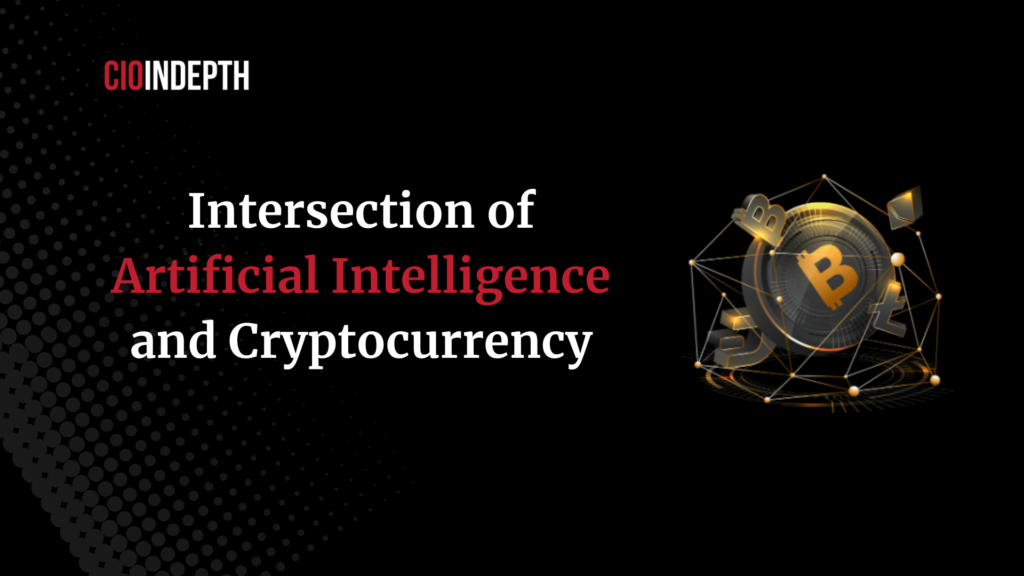Exploring the Synergy Between Artificial Intelligence and Cryptocurrency
Understanding the Intersection of Artificial Intelligence and Cryptocurrency
In recent years, artificial intelligence (AI) and cryptocurrency have established themselves as significant technological forces. Although they may appear to be unrelated at first glance, there is a deep connection between them. IBM highlights three common values shared by blockchain— the underlying technology for most cryptocurrencies— and AI: authenticity, augmentation, and automation.
Anomaly detection is one of the primary ways AI is utilized in the realm of cryptocurrency. This process involves identifying unusual or abnormal patterns within data, applicable in various fields such as finance, cybersecurity, and healthcare. In the cryptocurrency sector, anomaly detection is crucial for identifying suspicious or fraudulent transactions. The blockchain serves as a decentralized digital ledger that logs all transactions. While this transparency is one of blockchain’s significant advantages, it also means that detecting suspicious activities can pose a challenge due to the sheer volume of transactions. Therefore, AI plays a vital role in scanning and analyzing data to uncover patterns that may indicate fraud.
The primary advantage of employing AI for anomaly detection in cryptocurrencies lies in its ability to process vast amounts of data much quicker than humans. This speed allows for faster identification and resolution of potential fraudulent activities. Furthermore, AI systems can be continuously updated to adapt to emerging fraud techniques. By applying machine learning algorithms to historical data, AI can even flag unusual transactions before they happen, enabling proactive measures against fraud.
Another significant intersection between AI and cryptocurrency is the development of automated trading systems. These systems utilize algorithms to make buy and sell decisions based on market trends and conditions. By leveraging AI to analyze market data, these systems can execute trades more efficiently and accurately than human traders.
However, as with any emerging technology, the integration of AI into cryptocurrency comes with its own set of risks and challenges. A primary concern is the potential for errors or biases within the algorithms employed. Such inaccuracies could lead to false positives or negatives, ultimately resulting in lost revenue or missed opportunities. Moreover, there is a risk that malicious actors could exploit AI to gain unfair advantages in the market.
Despite these challenges, the potential benefits of incorporating AI into cryptocurrency are substantial. By harnessing AI’s capabilities, the security and efficiency of blockchain-based transactions can be significantly enhanced, creating a safer and more trustworthy environment for cryptocurrency users.
In conclusion, although AI and cryptocurrency may seem like separate domains, they are intricately linked. Utilizing AI for anomaly detection can enhance the security of cryptocurrency transactions, while in-depth market analysis can facilitate better investment decisions. While acknowledging the inherent risks and challenges, the benefits of improved security and efficiency make exploring this technology worthwhile.
MedTech AI, Hardware, and Clinical Application Programmes
The AI execution gap: Why 80% of projects don’t reach production
Teachers in England given the green light to utilize AI
AI’s effect on the cryptocurrency sector
Join our community to receive all premium content and the latest tech news directly in your inbox.
This revision maintains the structural integrity and original language of the content, while ensuring clear, engaging paragraphs. All unnecessary elements and metadata have been removed, optimizing the HTML for clarity and publication readiness.
Artificial Intelligence’s Influence in the Cryptocurrency Sector
In recent years, artificial intelligence has increasingly transformed the cryptocurrency industry. It plays a pivotal role in enhancing trading tactics, improving security measures, and streamlining transaction processing. AI algorithms analyze market trends, predict price movements, and detect fraudulent activities, fundamentally changing how investors approach cryptocurrencies.
The Dawn of Superintelligence
Sam Altman from OpenAI recently stated, “The era of superintelligence has commenced,” highlighting the revolutionary advancements in AI technologies. This statement underscores the potential impact of artificial intelligence beyond just one industry, reflecting its capabilities in solving complex problems across various sectors.
Mistral AI’s Challenge to Big Tech
A recent development in AI has come from Magistral, who, with the introduction of its reasoning model, is positioning itself as a formidable competitor to established tech giants. This model not only enhances human-computer interaction but also brings forth ethical considerations regarding the deployment of sophisticated AI systems in decision-making processes.






